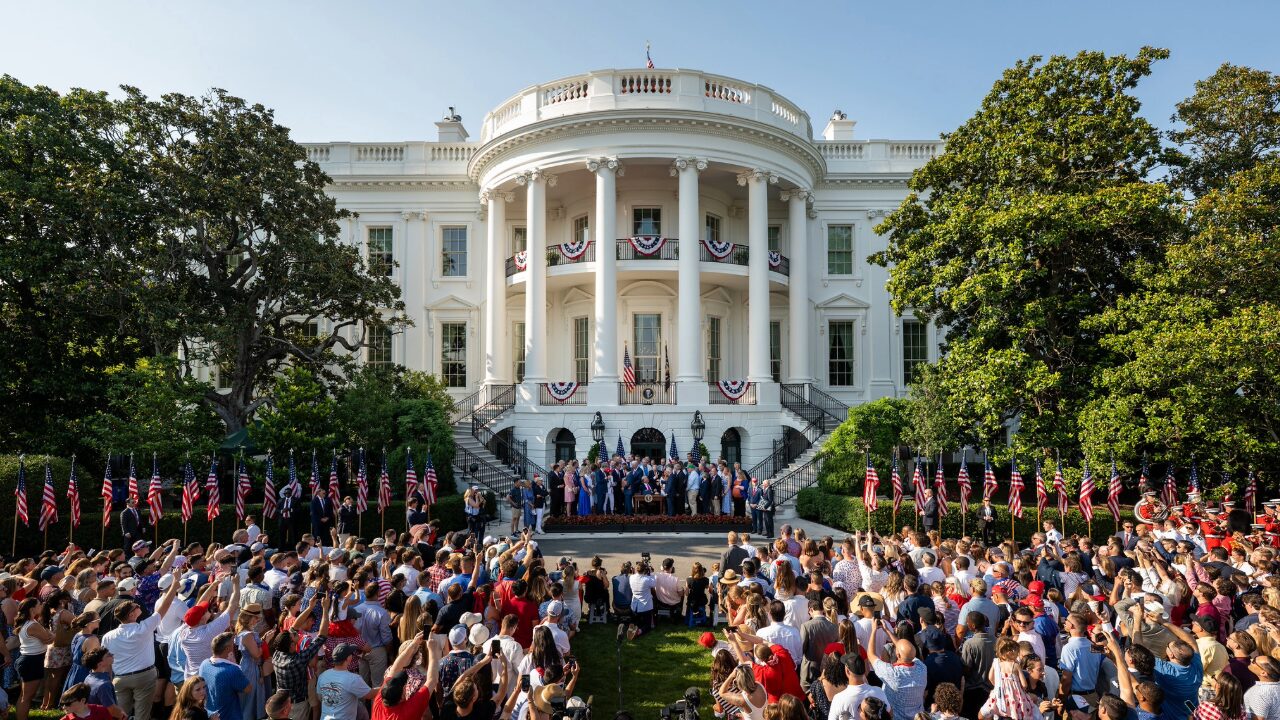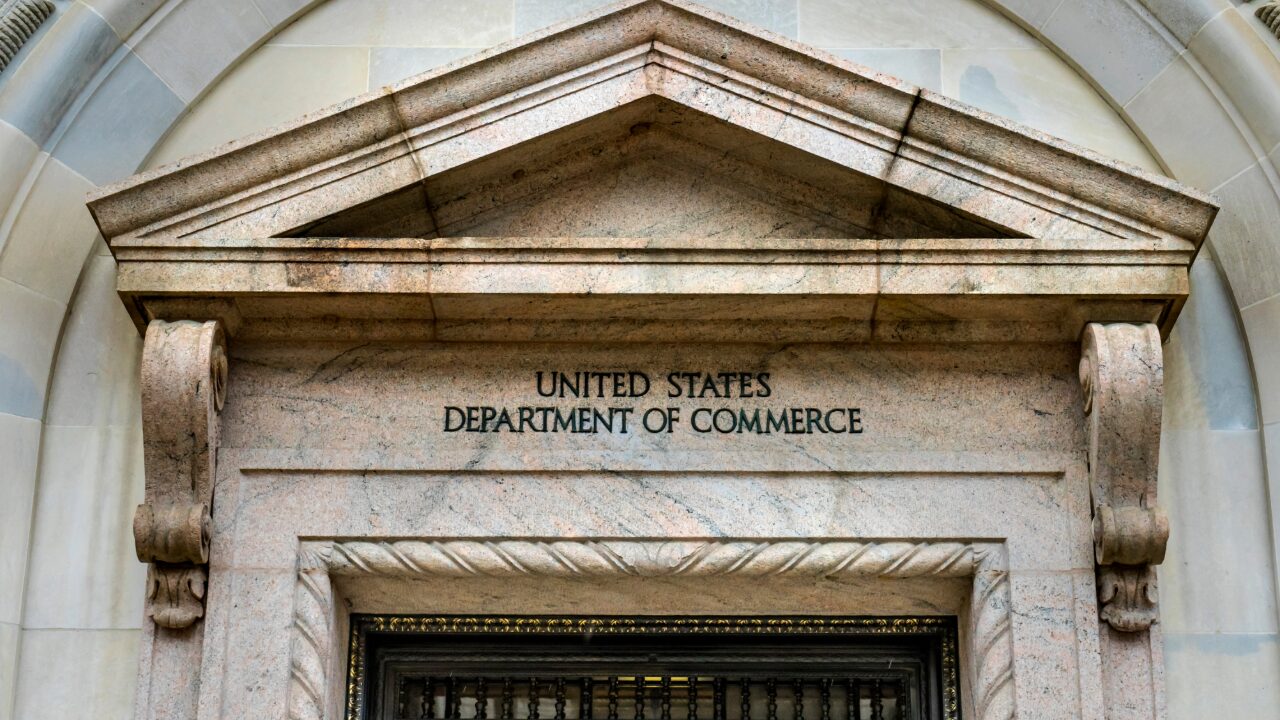Inflation Reduction Act
On Sunday evening, the U.S. Senate passed the Inflation Reduction Act (H.R. 5376) on a 51-50 vote with all Democrats voting in favor and all Republicans voting against. Vice President Harris broke the tie with her aye vote and the measure was sent to the House, which is expected to approve the bill on Friday, again along party lines.
During Senate floor consideration numerous amendments were offered by Republican Senators in a process known as “vote a rama” and were largely rejected. However, one amendment offered by Senator John Thune (R-SD), was approved. The proposal modified the aggregation rule under the legislation’s corporate minimum tax to restrict application of the tax and the aggregation of income from certain entities commonly owned by investment funds or partnerships. Included in this amendment was a one year extension of the State and Local Tax (SALT) deduction cap. A subsequent amendment offered by Senator Mark Warner (D-VA) that was approved struck the SALT provision and replaced it with language that extends for two years the non-corporate excess business loss limitation, which is a cap on losses a business owner is permitted to claim. A letter to House and Senate leadership opposing inclusion of this cap on active pass-through loss deductions may be found here.
As passed by the Senate, the Inflation Reduction Act is now up to 755 pages and, except for the amendment noted above, the bill’s provisions are largely unchanged. As we noted last week, there are a number of provisions in the legislation of interest to our sector. They are:
- $2.15 billion to acquire and install low-embodied carbon materials and products for use in the construction or alteration of buildings under the jurisdiction of the General Services Administration.
- $100 million for EPA, the Federal Highway Administration, and General Services Administration to identify and label low-embodied carbon construction materials and products based on environmental product declarations and other criteria.
- $100 million to provide grants under the Wood Innovation Grant program for constructing new facilities that deploy mass timber and other innovative wood products.
- $1.8 billion for hazardous fuel reduction projects on federal forest lands.
- $50 million for a competitive grant program for states to pay private forest land owners for implementing forestry practices on private forest land that provide measurable increases in carbon sequestration and storage beyond customary practices on comparable land. The bill specifies that these payments would be separate and distinct from payments landowners are receiving from private carbon markets.
- $50 million for the U.S. Forest Service to develop and carry out activities and tactics for the protection of old-growth forests on National Forest System land and to complete an inventory of old-growth forests and mature forests within the National Forest System.
- $700 million to provide competitive grants to states to acquire land with priority given to grant applications that offer significant natural carbon sequestration benefits or provide benefits to underserved populations.
- $1.5 billion to provide multiyear competitive grants to state and local governments for tree planting and related activities.
- $2,000 per unit tax credit for consumer purchases and installation of wood and pellet stoves. This credit is extended for 10 years.
The letter that ABMA signed this week also opposes language in the Senate-passed bill that provides $80 billion over 10 years to the Internal Revenue Service to devote resources toward tax collection efforts and increased taxpayer audits. The letter notes that “From experience, we know many, if not most, of these additional audits will be conducted on the owners of family businesses who have fully complied with the tax code.“ Again, we expect the House to approve the bill on Friday. It is unclear if any changes will be made to the bill prior to final passage, but given the slim majority Democrats hold in the lower chamber, it is anticipated that any changes to this measure will be minimal. As always we will keep you apprised of developments.




